The Consortium
Bringing together eleven partner institutions from Europe and beyond to study young people's transitions from education to employment.
The EDU-LAB consortium combines academic, methodological and political expertise to study young people's transitions from education and training to employment. The partners contribute complementary knowledge from disciplines such as educational research, labour market research, policy evaluation, qualitative and quantitative research, stakeholder engagement and large-scale data analysis.
Working across nine countries, the consortium connects universities and research organisations with strong regional knowledge and a shared European perspective. This collaboration makes it possible to compare different systems while also paying attention to local realities. By combining large-scale data with qualitative research and participatory methods, the consortium aims to produce findings that are relevant for both academic debates and policy development.
More information about our consortium can be found below.
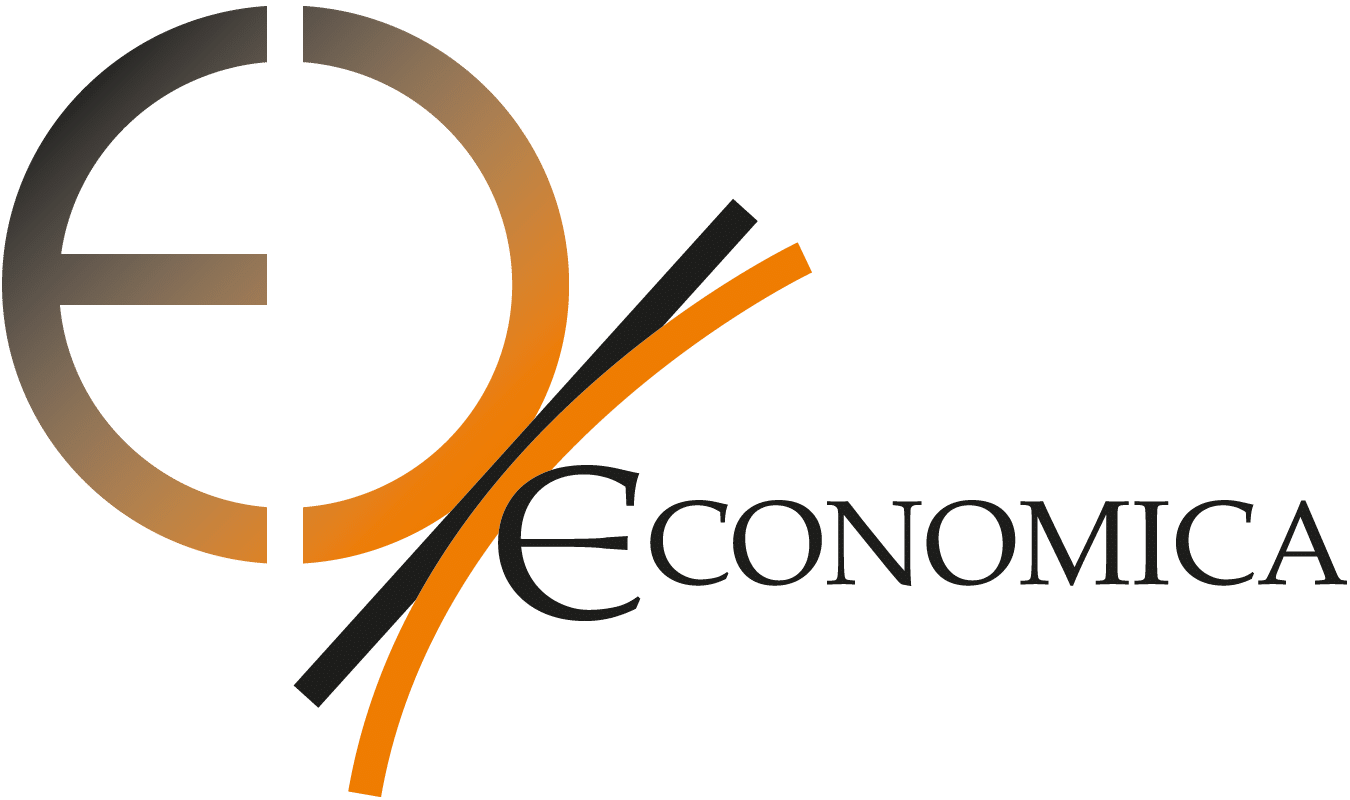
Economica Institute of Economic Research
Austria
Project coordinator. Leads project management (WP7) and dissemination (WP6), leads the OSES-Delphi effort (WP3B) and coordinates stakeholder engagement.
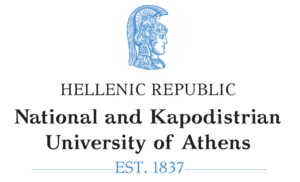
National and Kapodistrian University of Athens
Greece
Leads WP5, responsible for synthesizing research results, developing policy recommendations, drafting policy briefs, and preparing integration outputs.
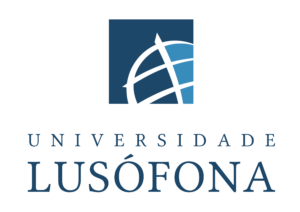
CeiED at Lusófona University, Lisbon and Porto
Portugal
Leads WP4 on the qualitative case studies and participatory research with young people, coordinating fieldwork, focus groups, and participatory workshops across partner countries. Implements Case Studies in the Porto region and Santarém.

Evaluation Agency Baden-Württemberg, Mannheim
Germany
Leads WP1 on the development of the project’s conceptual and theoretical framework, mapping educational pathways and transitions, and identifying key determinants and data gaps.

Bamberg University
Germany
Provides methodological expertise in quantitative data analysis, longitudinal studies, and statistical modelling, contributing particularly to WP1, WP3A, and synthesis work.
AlmaLaurea Interuniversity Consortium, Bologna
Italy
Provides access to large-scale graduate tracking data and supports quantitative research on education-to-work transitions under WP3. Implements Case Study in Bologna region.
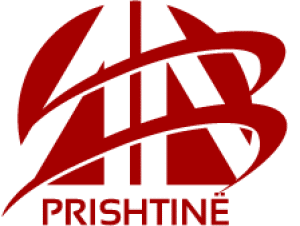
Kolegji AAB
Kosovo
Contributes regional expertise on higher education systems, youth policy, and youth transitions; participates in national case studies, stakeholder engagement, and qualitative research in WP4. Implements Case Study in Pristina region.
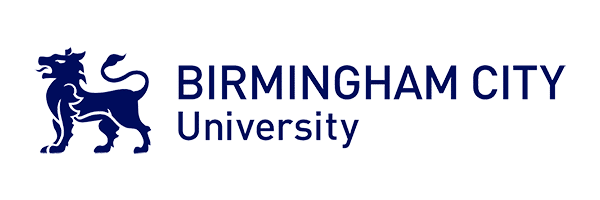
Birmingham City University
UK
Contributes expertise on education policy, educational inequalities, youth transitions, and supports policy evaluation work in WP2 and research integration in WP5. Implements Case Studies in Birmingham and Worcestershire regions.

Maria Grzegorzewska University, Warsaw
Poland
Brings expertise in inclusive education, teacher training, and education policy; contributes to policy evaluation and qualitative research within WP2 and WP4. Implements Case Studies in Warsaw and Łódź regions.
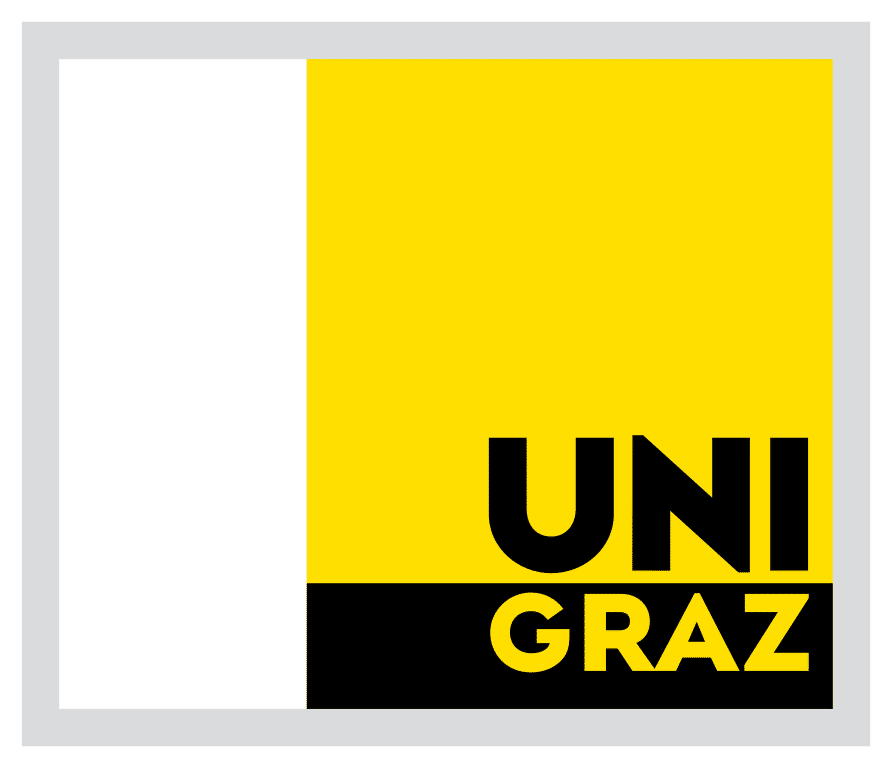
University of Graz
Austria
Contributes expertise in education systems, social inequality, comparative education research, and labour market transitions, with involvement across multiple work packages. Implements Case Studies in Graz and Vienna.

Tampere University
Finland
Provides research expertise in youth welfare, educational transitions, and youth employment, contributing across multiple work packages including policy evaluation, fieldwork, and synthesis. Implements Case Studies in Tampere and Helsinki regions.
Subscribe to our bi-annual newsletter and follow us on LinkedIn, Facebook, Instagram, and Bluesky to receive updates on our findings, events, and opportunities to engage with EDU-LAB.
